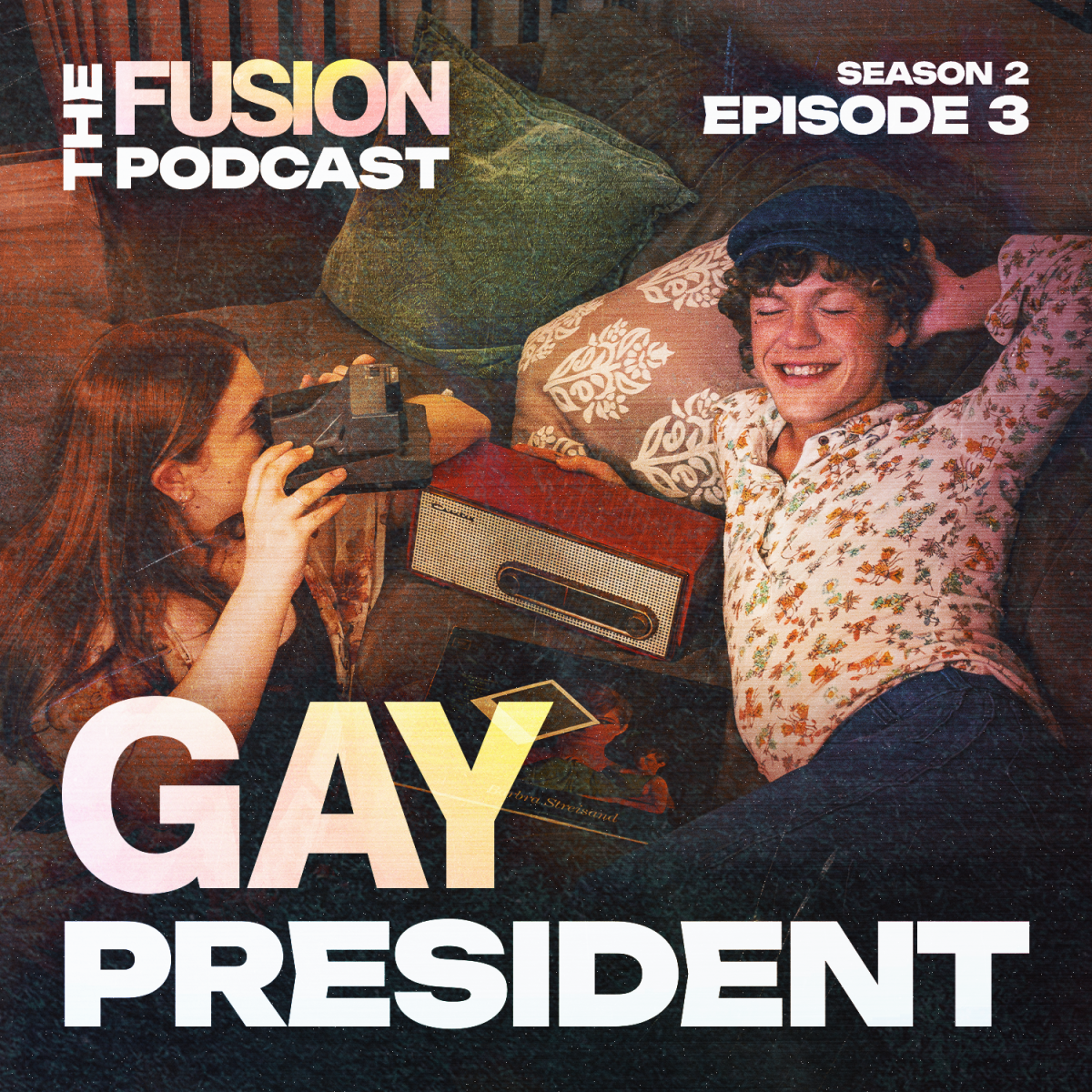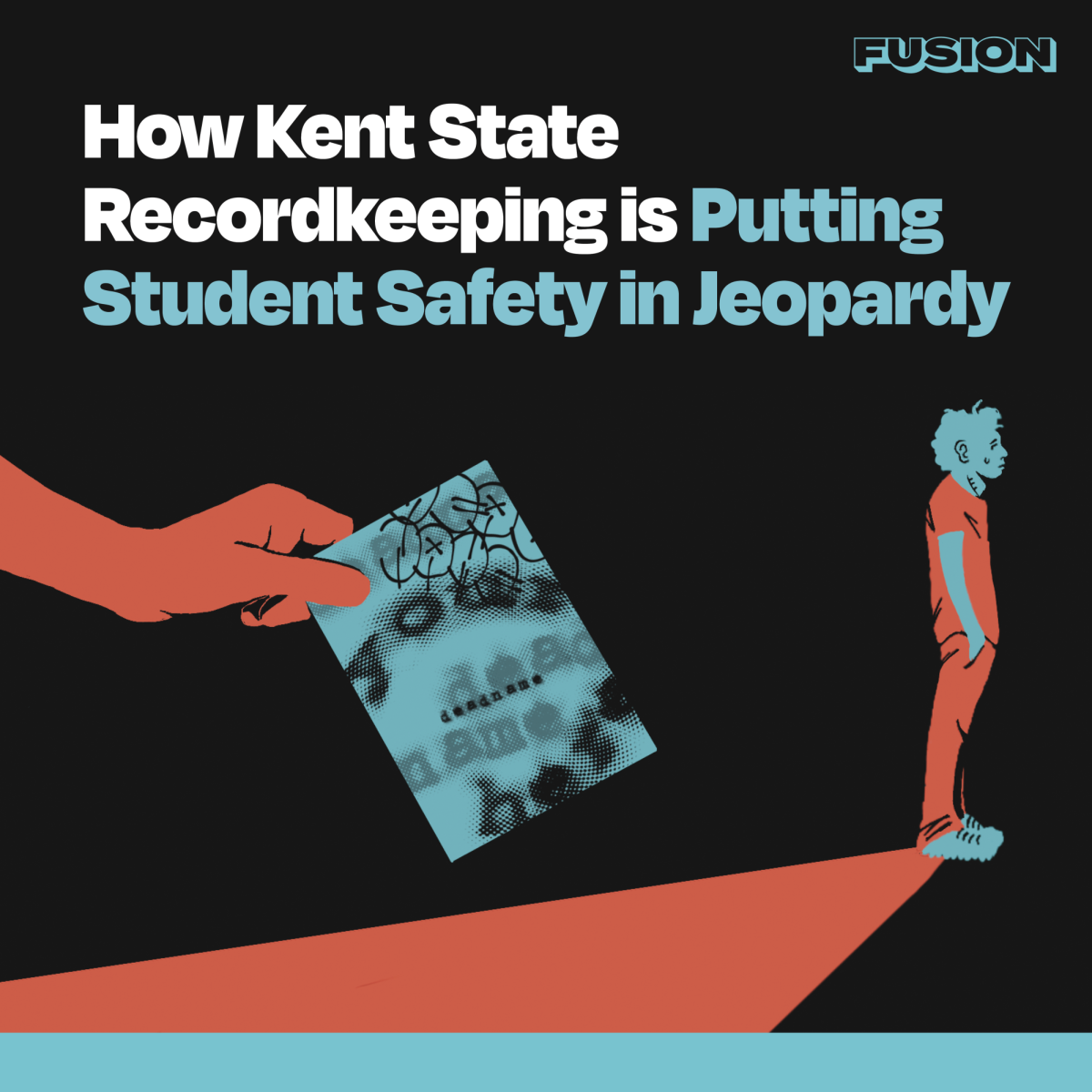This summer, Kent Interhall Council mailed a postcard home to students’ legal addresses, advertising the then-upcoming Sibs and Kids Weekend event. These postcards were labeled with students’ chosen names that were listed in Flashline. While it’s typically university protocol to address correspondence to chosen names, this is not the case for physical mail, because of the likelihood it will be seen by people other than the student. While this may seem like a simple clerical error, this resulted in the safety of some students being threatened.
For many students, college is the first place where they can experiment with their identity. Going home might mean going to an unsupportive environment. Kent State’s chosen name system offers a way for students to be addressed properly without the permanence and expense of a legal name change. Students who prefer a name other than their legal name can input this information on Flashline, and have their chosen name displayed wherever it’s legally permitted.
Many of the students who use the chosen name system are transgender, some of whom are not out to their families, and making it known to parents and family that students use a chosen name can put students in serious danger. Almost two months after the postcard was sent home, the then-president sent an email to the entire student body, apologizing that “the mistake may have caused [students] discomfort.” But mistakes like this can cause a lot more than discomfort. Harley Hutson, a third-year political science student, was not affected by this most recent postcard but was outed by the same mistake made by KIC their freshman year.
“At best it’s an uncomfortable conversation, at worst it’s dangerous,” Hutson says. “It puts a lot of things like financial resources, housing, and connections to family in danger. I think it’s a lot heavier than KIC thinks it is.”
As Hutson says, it can be extremely dangerous for these things to occur. A transgender third-year student who asks to remain anonymous experienced firsthand what a mistake like this can do. “Because my parents found the letter, it led to them searching my room and finding my HRT prescription,” they say. “My medication was thrown away and I was forced to stop HRT after being prescribed it for over a year. It made me feel very unsafe at home.”
Hutson remarked that, at minimum, this is the third time they recall this incident occurring, with organizations other than KIC as well. Mistakes happen, but how can a transgression so serious happen so many times during one student’s time in school? Ken Ditlevson, director of Kent State’s LGBTQ+ Student Center, says it’s a combination of factors: “Getting a chosen name system at Kent was a huge challenge in and of itself, and it took multiple years to get that here … But when we finally got that in place, we found that there were so many challenges with this. There are dozens and dozens of computer software that don’t all talk with each other … So the systems, it’s a systems issue that we’re still trying to work through. And then human error, quite honestly.”
When departments on campus decide to send correspondence, whether by email or by physical mail, they contact the Office of the Registrar for a list of all relevant students. Chris Dorsten, associate vice president for enrollment management & university registrar, says it is official policy that when departments and organizations request data for physical mail, chosen names are never provided in the data list. The problem arises when departments rely on lists that are out of date. “When we send lists to folks we specify, ‘You were given this data, this is the use purpose you said, so this is what we’ve given you. You should not be using this for any other purpose,’” Dorsten says. “I’ve had times where, and I think it’s all around education, folks will say, ‘well can I use this list again?’ No, you
absolutely cannot.”
Dorsten adds that a department may indicate that they are sending an email and a letter at the same time, and instructions are attached that chosen names are for internal use only. Still, it is unclear how the two lists are converging. Even outside of the problems with trans students, using these outdated lists excludes students who are new additions to courses and includes those who have dropped. But while it may be against the policy, it still happens.
“Our system is not perfect,” Dorsten says. “Ideally we would love a toggle button where people could just say, ‘How do you want your stuff to go home? How do you want your stuff through email?’ … And it’s just not there. And I don’t see that coming anytime soon. That’s something we’re really advocating for just so students can drive that more, but that would probably complicate things even further.”
Erica Pelz, faculty advisor for Kent State’s transgender social group Transfusion, transgender advocate, and employee of University Facilities Management, says, “All institutions face similar challenges around chosen name policies. Part of it is technology. Schools and universities use a multitude of software platforms that share information. Some of them were not designed with a chosen name in mind, and sometimes it’s almost random, like your food plan suddenly deadnaming you at the bottom of a receipt after an update. The other side is people. Thankfully, most of them come down to training and human error. You have dozens of offices that send bulk communication, and it’s far too easy to pull the wrong list or use an outdated list.” Ditlevson and Pelz both agree that though this incident occurs sometimes, they’ve never seen it caused by malicious or transphobic intent.
For many students, college is the first place where they can experiment with their identity. Going home means going to an unsupportive environment. The chosen name system offers a way for students to be addressed properly without the permanence and expense of a legal change. For students who would be at risk if the metaphorical barrier is broken, Pelz says, “First, assess your risk as best you can; just existing as a transgender person is risky in this political and social moment. Do you risk harassment or physical abuse? Or is your life in danger? No one can guarantee a chosen name won’t get out; if that is dangerous, don’t use it. You can also get a post office box and change your permanent address, but that could raise red flags for folks back home. If one does get out, try to laugh and blow it off saying, ‘Someone must have messed up the mailing list.’ And then alert someone who can help. The LGBTQ+ Center is a wonderful resource, and I help with these issues as well.”
“Kent State is still a safe place for me, but there was a time where I was unsure if I would be able to keep attending,” says the anonymous student. “I hope a solution can be found to help stop this from happening, because even one student outed is too many.” Ditlevson also reminds students that should anything happen, big or small, the LGBTQ+ Center is equipped with resources to aid students.




































